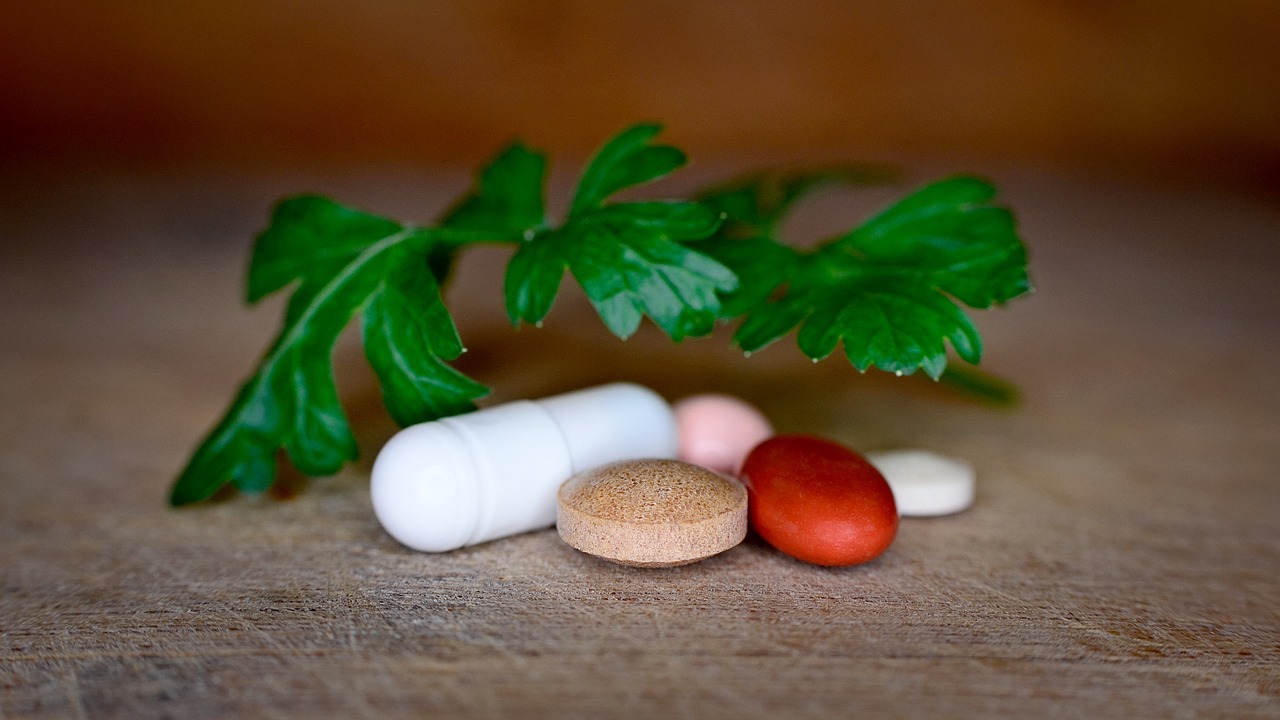ARG Betaine (Anhydrous)
There are many food supplements, some are very well known to us, others not so. One such food supplement is betaine (anhydrous), which is also known as Trimethylglycine or TMG.
Naturally produced in the body, Betaine contributes to many functions, in particular, cardiovascular health, energy production, detoxification, improving athletic performance and more.
The roots of betaine
Betaine was discovered in beets, but it is also in spinach, shellfish, wheat, and other wholegrains. However, beets have high levels, especially beet juice. Betaine is also recovered from a nutrient called choline which is similar to the group of B vitamins, found in eggs, organ meats, fish, dairy, whole grains, fruits and vegetables.
It can be confusing that Betaine Anhydrous may also be called TMG. This is because it is made up of the amino acid glycine and it donates 3 methyl groups that support methylation, hence the name Trimethylglycine (TMG).
Methylation
Methylation is a biochemical process that occurs in every cell in our body and is crucial for many functions:
- Detoxification
- Neurotransmitter production
- Energy production
- Cardiovascular health
- Histamine metabolism
- Hormone metabolism
- Liver detoxification
- Immune support
Many factors can interfere with the methylation process such as genetics, alcohol, the amount and type of toxins we are exposed to, nutrient deficiencies, oxidative stress, ageing, smoking, lack of exercise and more. One amino acid that is created naturally from the methylation process is called Homocysteine which is formed during the metabolism (the breaking down) of another amino acid called methionine.
However, homocysteine itself needs to be metabolised to produce other amino acids that are required by the body. This is where betaine takes a vital role as it can help to lower homocysteine to healthy levels.
Homocysteine
High homocysteine blood levels have been shown to increase inflammation and produce excess production of free radicals and oxidative stress. These markers can further lead to a higher risk of cognitive decline including dementia and Alzheimer’s, osteoporosis, complicated pregnancies, delayed healing, cardiovascular disease . Homocysteine levels can also rise with age as can cardiovascular risks.
Cardiovascular disease (CVD) refers to several conditions that affect the heart or blood vessels such as:
- Coronary heart disease.
- Strokes and TIA’s.
- Peripheral arterial disease.
- Aortic disease.
Homocysteine was first discovered in 1932 but very little was initially understood about its crucial role in health, particularly cardiovascular health. Over the past two decades more research and studies have established the links between certain clinical conditions and high homocysteine levels.
Clinical implications
Many nutritionists and functional medicine practitioners can support clients with diet, lifestyle and supplementation when elevated homocysteine levels have been determined by lab testing.
Whilst other nutrients such as B12, folate, and B6 are also required, I have found my clients have really benefited from supplementing with Allergy Research Betaine Anydrous. Betaine is one of the very effective methyl donor supplements that I recommend assisting in lowering their homocysteine levels.
Other factors that can support healthy homocysteine levels include –
- A diet which is plant-based – leafy greens and other veggies, fruits, beans, and of course beets which we know are a rich source of betaine, fish and more.
- Lifestyle changes.
- Adequate exercise
- Quality sleep.
Sporting Performance
Betaine is also known as an osmolyte which means it is required for the regulation of cellular hydration and therefore helps to balance the volume of fluid in the cell, vital for cell function. It is for this reason that Betaine is now highlighted for its practical use as a supplement for improving athletic performance and endurance.
Not only has it been used to support cellular hydration, by helping to produce more energy, especially required by people exercising, it also shows promise for athletes who require strength, endurance and speed as research has found that betaine appears to improve physical performance
So, whilst Betaine Anhydrous may not be so familiar as a nutrient you may start to notice it in supplements that are supportive of cardiovascular health and in various sports supplements.
Allergy Research Betaine Anhydrous is my supplement choice as it delivers 750mg per capsule and has excellent bioavailability and is readily absorbed.

